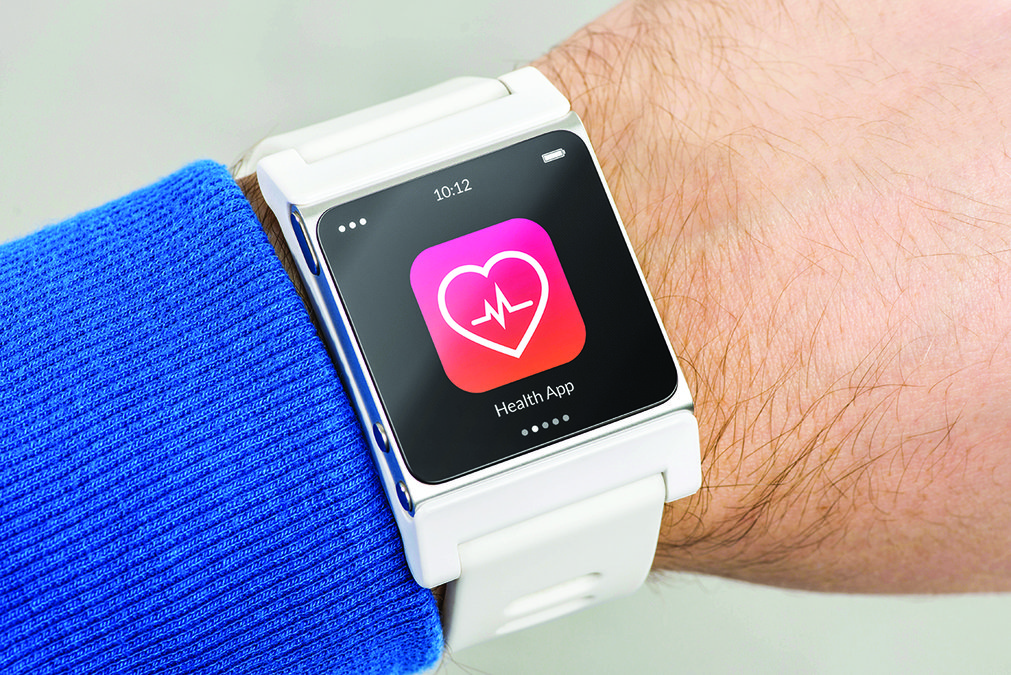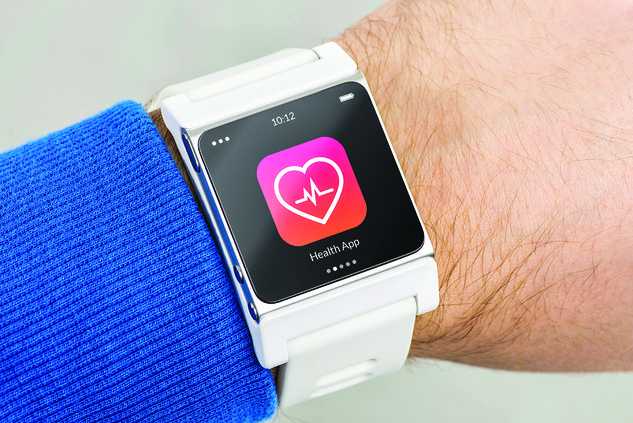Artificial intelligence (AI) continues to change the world. The “Logic Theorist” program, created by Herbert A. Simon and Allen Newell in 1955, which was designed to prove mathematical theorems, is widely considered to be the first AI program. Today, AI is employed to answer questions, solve problems and even create artwork.
AI can serve amazing purposes in health care settings. Though AI can benefit persons of all ages, seniors may find it especially improves their health care experience. Here are some ways AI can enhance seniors’ quality of life, independence and support systems.
Monitoring: AI-powered systems can be used to monitor vital signs like heart rate, oxygen levels and blood pressure. Some wearables even can detect irregular heartbeats or other anomalies and alert individuals or caregivers.
Early detection: Echelon Health says AI can be invaluable in the early detection of illnesses by predicting risk factors in patients. AI can be utilized with the first levels of screening, which may detect the smallest changes that could highlight underlying issues. Research has shown AI can detect serious diseases such as lung cancer or heart disease earlier to offer patients a better chance of effective treatment before diseases progress.
Predictive analytics: Those with a particular health condition can rely on AI to predict the likelihood of certain health events, like heart attacks or stroke, by analyzing data and genetic information. This allows doctors to take proactive approaches to adjusting treatment plans.
Chronic disease management: The integration of AI into chronic disease management can enhance patient care efficiency and lead to optimized treatment strategies, says the National Institutes of Health. AI can monitor data patterns that offer insight into disease progression and can help seniors manage medications by providing reminders, tracking compliance and dispensing correct dosages.
Smart home technology: A person’s environment impacts his or her health. AI-powered devices can automate tasks like adjusting interior temperatures to safe levels, turn on lights for safer navigation, turn off appliances if they have been left unattended, and offer additional safety features like fall detection. This may enable seniors to live securely and independently longer.
Daily tasks: In addition to specific disease management, AI can be used to create healthy meal plans and schedule appointments. This can promote autonomy and reduce reliance on helpers or caregivers.





